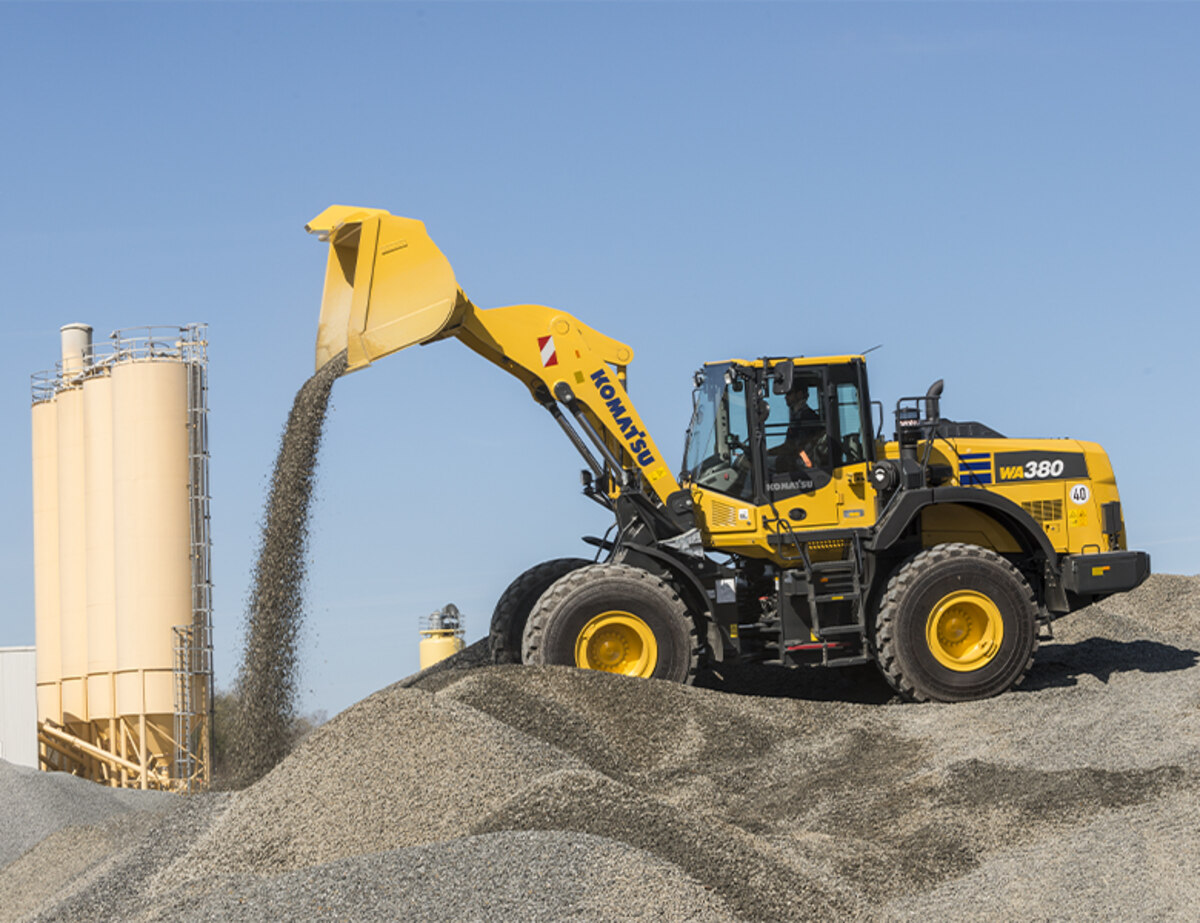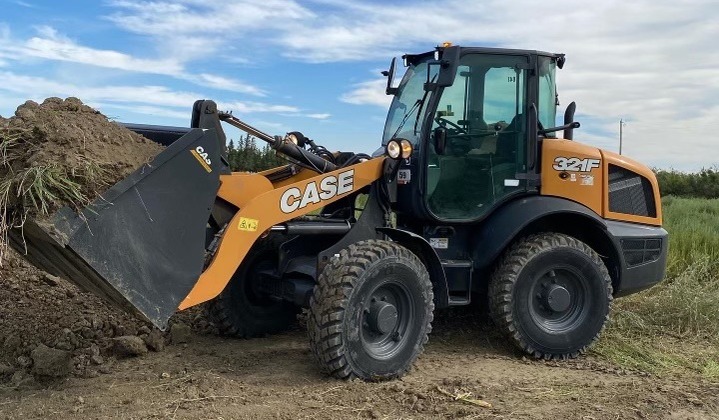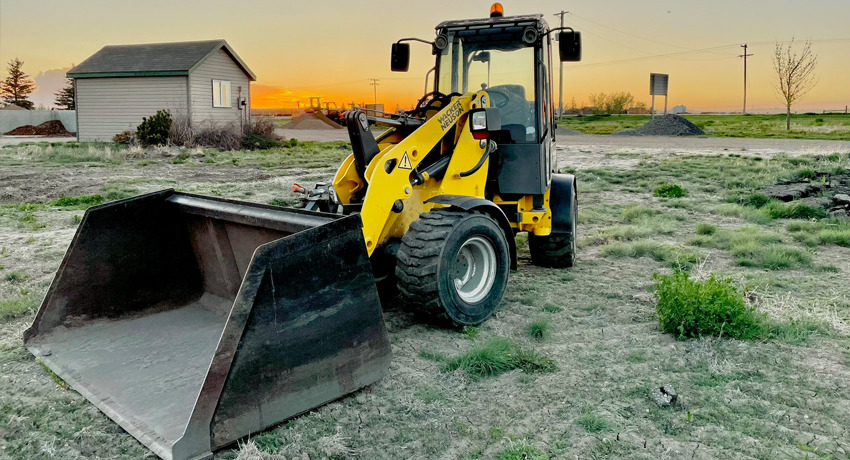Choosing the right excavator size for your project can be a game-changer in terms of efficiency, cost, and completion time. With various excavator sizes and types available, it’s important to understand the capabilities and limitations of each to ensure you select the best fit for your specific needs.
Understanding Excavator Sizes
The size of an excavator is typically determined by its operating weight, which can range from the lightest mini excavators weighing less than 7 tons, to massive heavy-duty excavators exceeding 45 tons. When considering excavator sizes, it’s crucial to consider the scope and scale of your project.
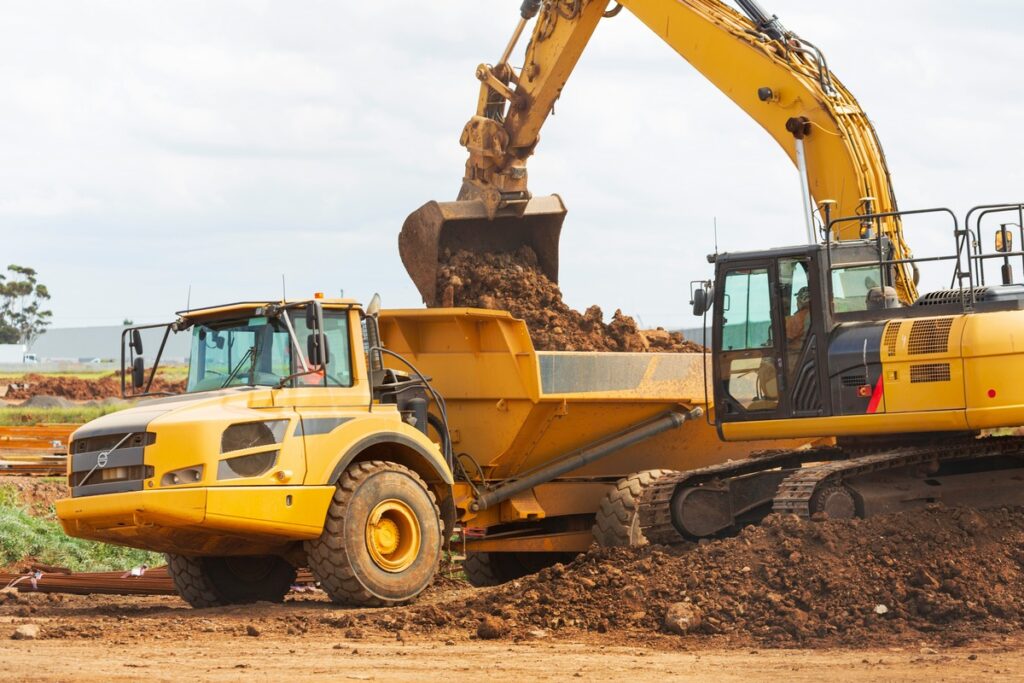
Types of Excavators
There are several different types of excavators, each designed for specific tasks:
Mini or Compact Excavators: Ideal for tight spaces and smaller projects like residential landscaping.
Midi Excavators: A step up from mini excavators, suitable for jobs that require more power but have space restrictions.
Standard Excavators: The most common choice for a variety of tasks, balancing power and maneuverability.
Large Excavators: Best for large-scale commercial and industrial projects where power takes precedence over space constraints.
What Size Excavator Do I Need?
The size you’ll need depends on various factors, including:
Job Site Space: For confined spaces, mini or midi excavators are preferable.
Dig Depth and Reach: Larger projects with deep excavation work will require larger excavators.
Material Density: Harder materials may necessitate more powerful excavators.
Excavator Types and Sizes for Specific Jobs
Mini Excavators (Under 7 Tons): Perfect for indoor work, landscaping, and small construction projects.
Midi Excavators (7-10 Tons): Suitable for mid-sized projects like small to medium utility work.
Standard Excavators (10-45 Tons): The go-to choice for a variety of construction jobs, from building to road construction.
Large Excavators (Over 45 Tons): Necessary for heavy-duty tasks such as mining, large-scale demolition, and major earthmoving work.
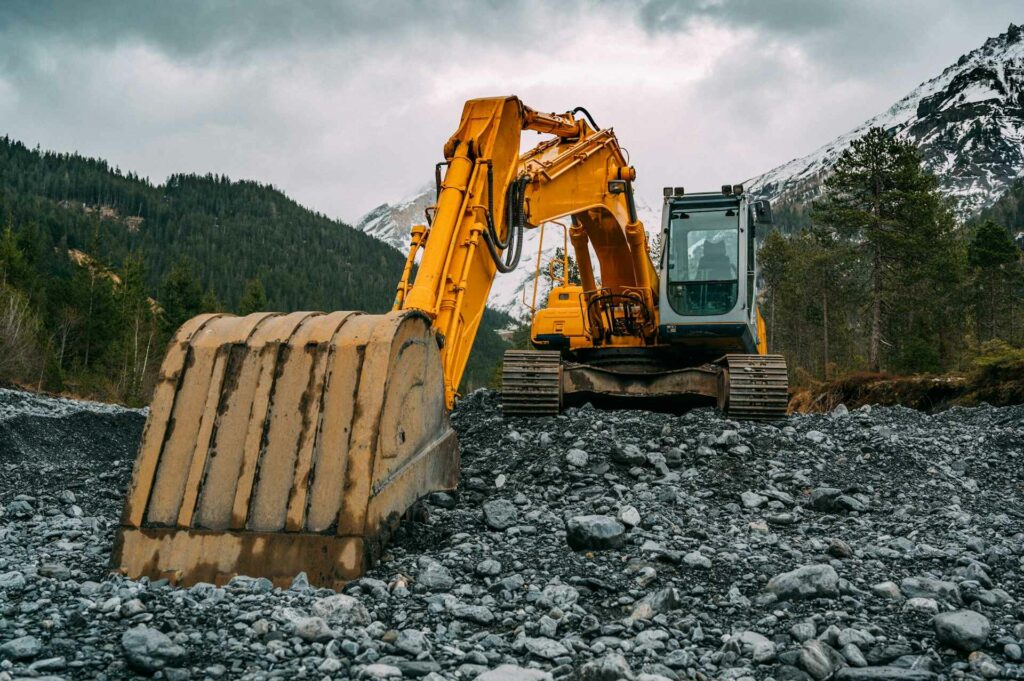
Choosing the Right Size for Efficiency
Selecting an excavator that’s too small for your project could result in inefficiency and longer project timelines. Conversely, an excessively large excavator could lead to wasted resources and increased costs. Analyzing the sizes of excavators in relation to your project demands is crucial.
Factors to Consider
Transportation: Ensure you can transport your selected excavator size to the job site.
Operating Costs: Larger excavators generally have higher operating costs.
Environmental Impact: Smaller excavators tend to have less environmental impact.
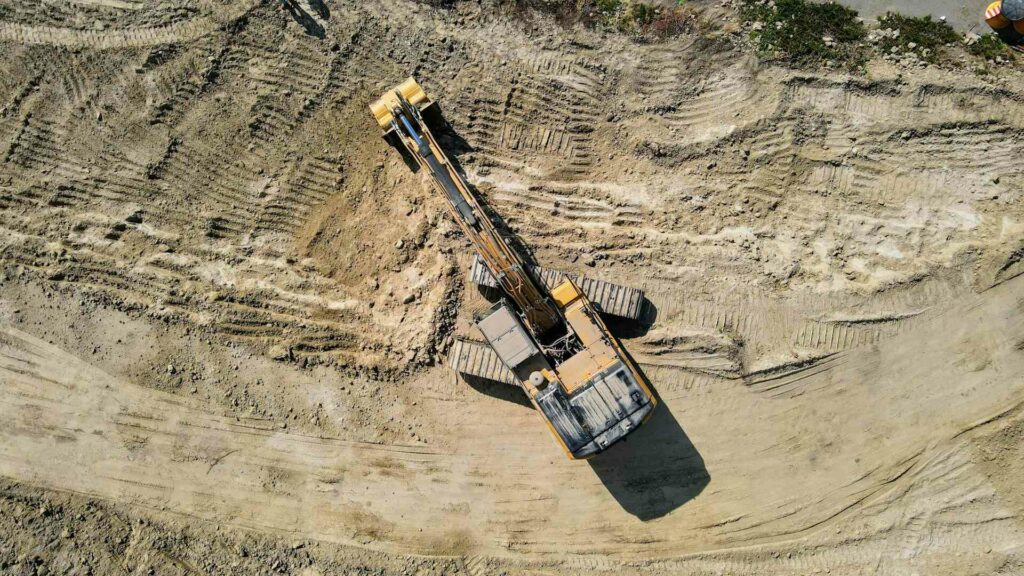
Choosing the Right Excavator Size For You
Your project’s success hinges on choosing the right equipment. By considering the factors outlined above and consulting with experts, you can select the appropriate excavator size. Whether you’re in need of a compact model for a quick job or a large-scale machine for heavy lifting, Plains Equipment Rentals has the inventory and expertise to meet your requirements.
For more information on our rental options and to find the excavator that’s right for you, visit our website or contact us today. We’re here to help you dig deeper and reach higher on your next project.


